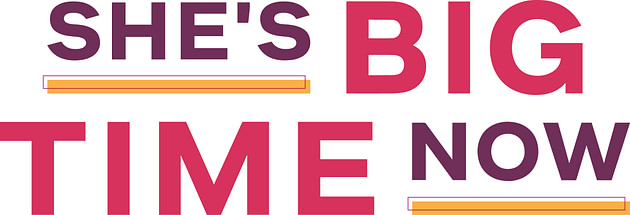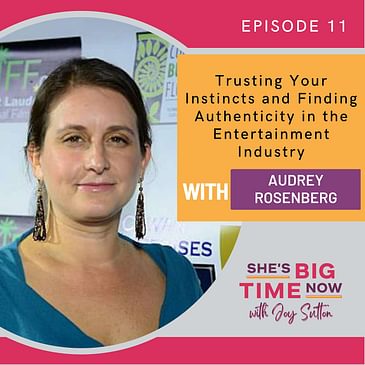Audrey Rosenberg is a Peabody award-winning and Emmy nominated producer who has dedicated her career to using storytelling to create social change. She co-founded Invisible Pictures, a New York based woman led production company that was in operation for more than five years and received national acclaim for its HBO documentary, Katrina Babies. Audrey has several new exciting projects in the works, including a TV series starring Sharon Stone and a broad female comedy film. Audrey is a member of the Television Academy, the Producers Guild of America and the Documentary Producers Alliance. She is on the board of New York Women in Film and Television, which advocates for inclusion in media and supports women at every stage of their careers. With her extensive experience in producing films such as Katrina Babies, Bull, Long Weekend, Traders, and the TV series Soul City, Audrey is a true inspiration to inspiring producers. On the show, she shares why you need to do internal work and truly know who you are to be successful in the film industry, how films can be a powerful tool for social change, how not trusting her gut has been disastrous in her career, and why perseverance will always pay off even if the outcome is not what you expected.
In this episode you’ll learn:
- How self-awareness and collaboration have played a role in Audrey’s success
- Where Audrey’s passion for social change comes from and how it motivates her work
- Why networking and staying authentic are critical for your success
Connect with Audrey:
http://invisible.pictures/
Connect with Joy:
https://www.instagram.com/joysuttonmedia
https://www.facebook.com/joysuttonmedia
https://www.linkedin.com/in/joy-sutton-671b0953
To book Joy for your event visit www.thejoysutton.com





